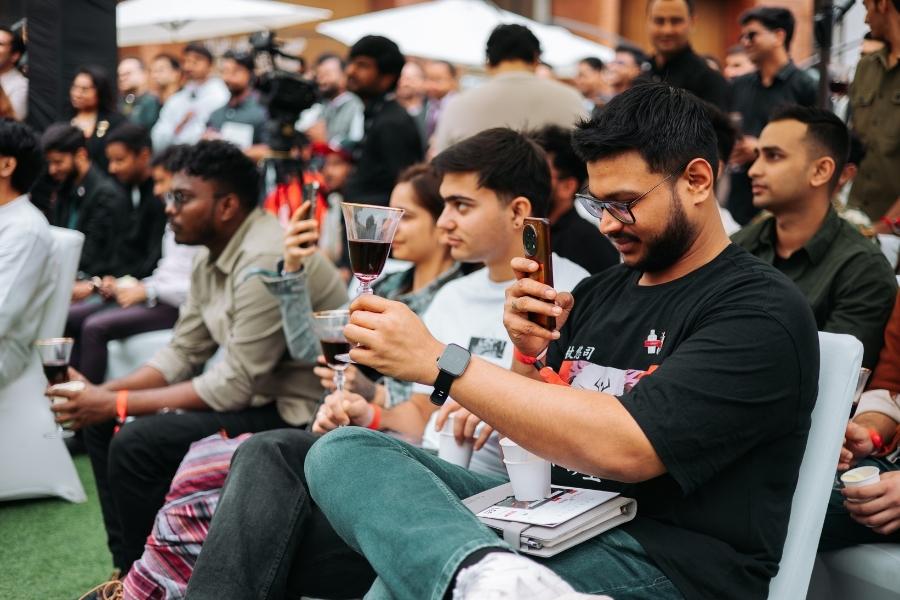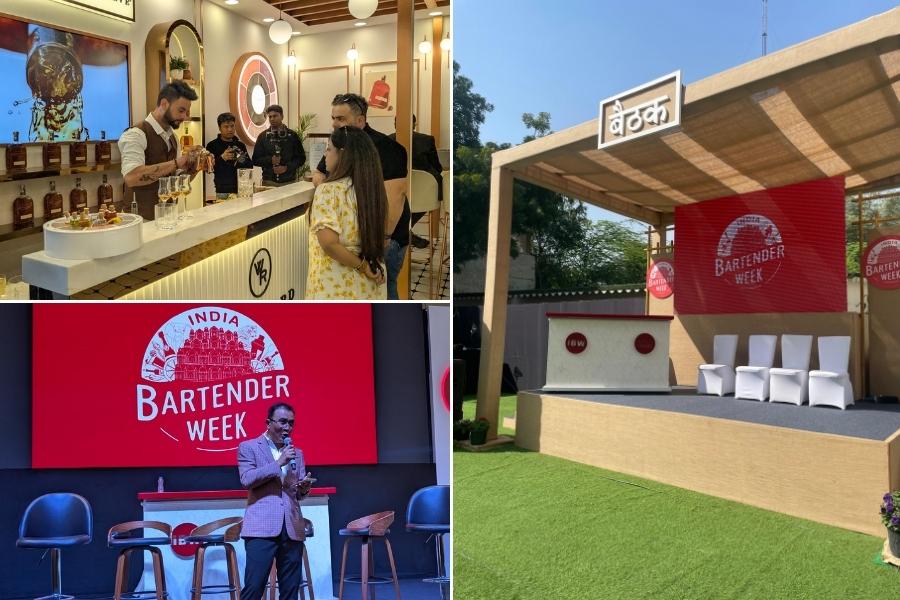Two weeks after the inaugural India Bartender Week (IBW), co-founders Yangdup Lama, Minakshi Singh and Vikram Achanta reflect on its success and raise a toast to the future of ‘India’s largest bartending festival’. In conversation with My Kolkata…
My Kolkata: This is the first time an event of this scale has been organised for the bartending community in India. What is the initial feedback from within the industry and beyond?
Minakshi Singh: The attendance, excitement and contagious energy speak for themselves. In the first hour of Day One, we were, like, ‘Okay, this is really happening. It’s live. It’s here!’ I was at a loss for words, first metaphorically, and then, quite literally. I hope this event serves as a ‘show-and-tell’ to the world, proving that something like this can happen. What started as a dream a few months ago has now come to life.
Vikram Achanta: So many people have told me that they can’t believe this is the first edition of IBW. It feels like a festival that has been running for years.
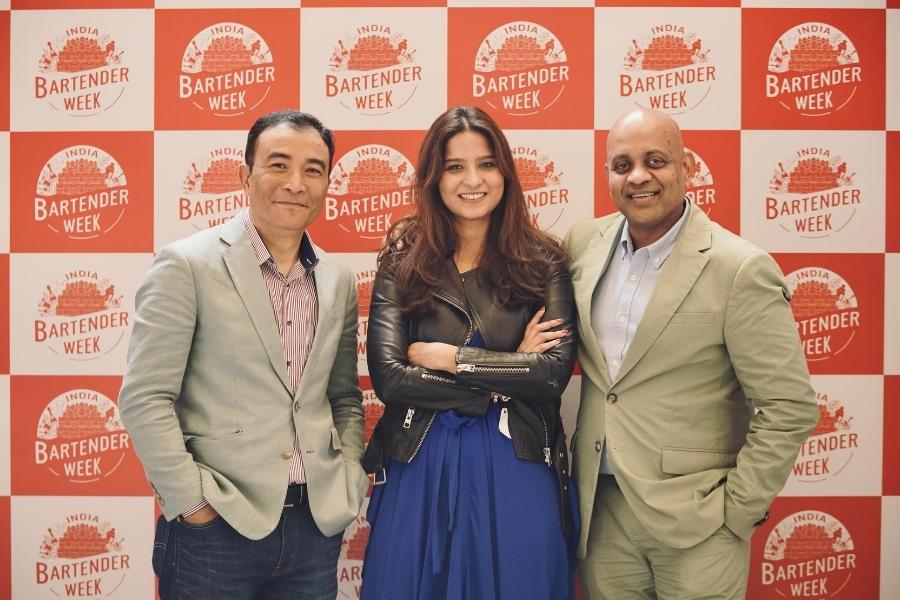
India Bartender Week co-founders (L-R) Yangdup Lama, Minakshi Singh and Vikram Achanta
That just goes to show how much the industry needed a platform like this.
Yangdup Lama: Between the three of us, we have almost 75 years of industry experience. Over the years, we’ve seen the industry go through different stages, seen where there could be possible obstacles, and understood what gaps needed to be filled. We are people who are on the ground, day in and day out, meeting and engaging with bartenders, whether it’s through training, bar visits, or just catching up. This knowhow made it easier for us to shape IBW, not just in terms of learning and programming, but also in the way the event was structured. So, I think that really helped because whatever we do needs to resonate with the community.
IBW is for bartenders, by bartenders. But it seems to go beyond cutting across the ecosystem and getting in industry professionals. Was inclusivity a focus?
Minakshi: Absolutely. From Day One, we were clear that IBW wasn’t just for bartenders – it had to embrace the entire hospitality industry. Right now, we have someone from Chennai presenting a cocktail programme, while another attendee has traveled from Leh to be here. That mix of perspectives is incredible. If I was not a stage manager, I’d be sitting in on every session.
Vikram: When people walked in, they were so happy to see the faces of bartenders instead of brand owners on the posters at the entrance. We tried to pick people from the community who are well respected and can resonate with the young bartender.
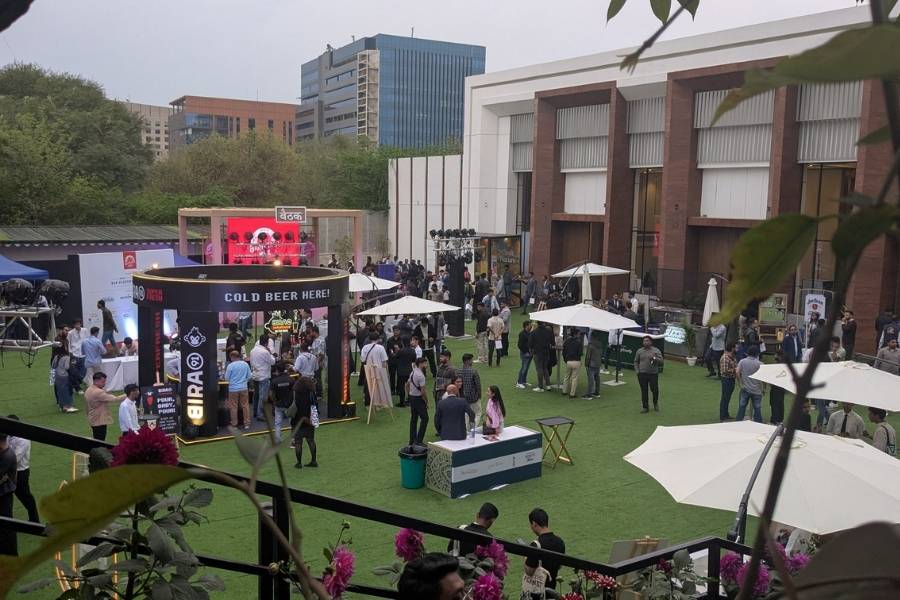
The lawns of Le Meridien, Delhi NCR, during IBW
Does it also aim to address larger objectives such as licensing issues, working hours, talent pool or the underrepresentation of women in the industry?
Vikram: Having been on the front lines of the industry for so long, we have an idea of the challenges that need addressing. That’s why the topics covered across the two days have been carefully curated, bringing the best practitioners from India and around the world. We can’t solve everything through 30-minute sessions, but hopefully these discussions served as thought starters and got people thinking.
Yangdup: A key aspect of IBW has been the formation of a strong committee, comprising senior bartenders and industry leaders from across India. This level of engagement ensures that a diverse range of voices are heard, and real issues are addressed from within the industry itself. Positive changes are bound to happen when we create a revolution within the industry and one that is by the community. Minakshi: At the base of IBW is the idea of the community coming together, not just to drink and dance, but to recognise bartending as a serious profession. There is a craft behind it, a reason why you enjoy going to a certain bar or talking to a bartender versus other bars. We are hoping that this is the start of that conversation. The sessions at Baithak were in Hindi, and were welcomed by so many. We know our challenges because this is what we do. I’m hoping that IBW becomes more than an event – a movement. We would love to see it up there with global festivals that the world books in advance like Bar Convent Berlin or Athens Bar Week. Right now, we travel for those global events, but we hope that, soon, the world will travel for IBW.
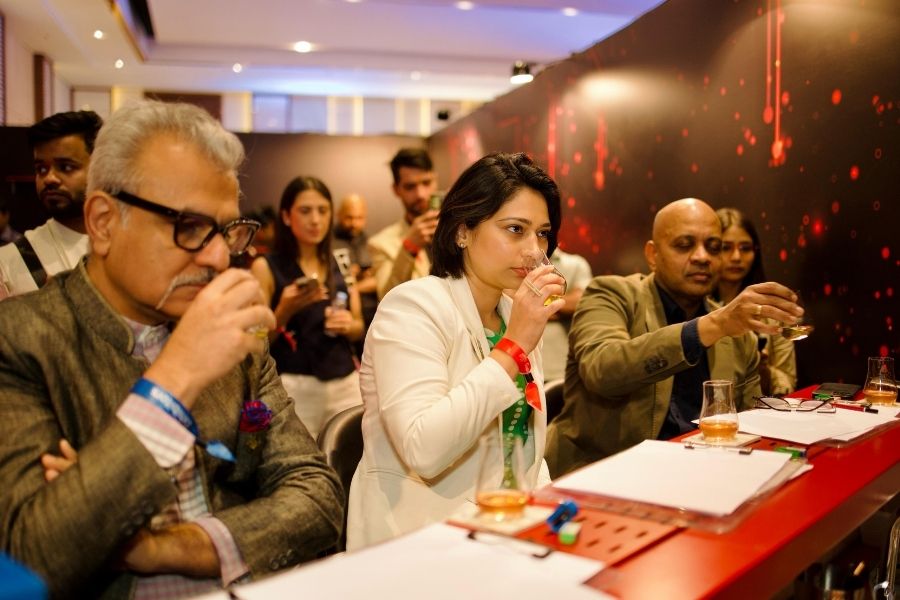
The sessions from IBW will soon be available on YouTube so that anyone, anywhere, can access them
I’m guessing next year will be even bigger. How do you plan to fund and scale it?
Yangdup: For this edition of IBW, we started about six months ago, and I think in the very first week we were down by almost Rs 50 lakh. We had no sponsors, but we had already booked people.
[Everyone breaks into laughter]
Next year, we’ll start 12 months in advance… So basically, the search for sponsors begins tomorrow!
Vikram: The event is completely sponsor-driven. The brands here are the reason we could make this happen and the response has been great. For them, also, it’s been an eye-opener.
Finally, what’s a session or workshop from IBW that really stood out for you?
Yangdup: I think one of the most meaningful ones for the community was the Baithak. We had young Indian bartenders who were on stage and talking about their journey, whether it’s social media, or doing things on the ground, and everyone spoke straight from the heart, which really made an impact. But I also had a funny realisation – people say Indian bartenders don’t speak great English, but it turns out their Hindi isn’t great either!
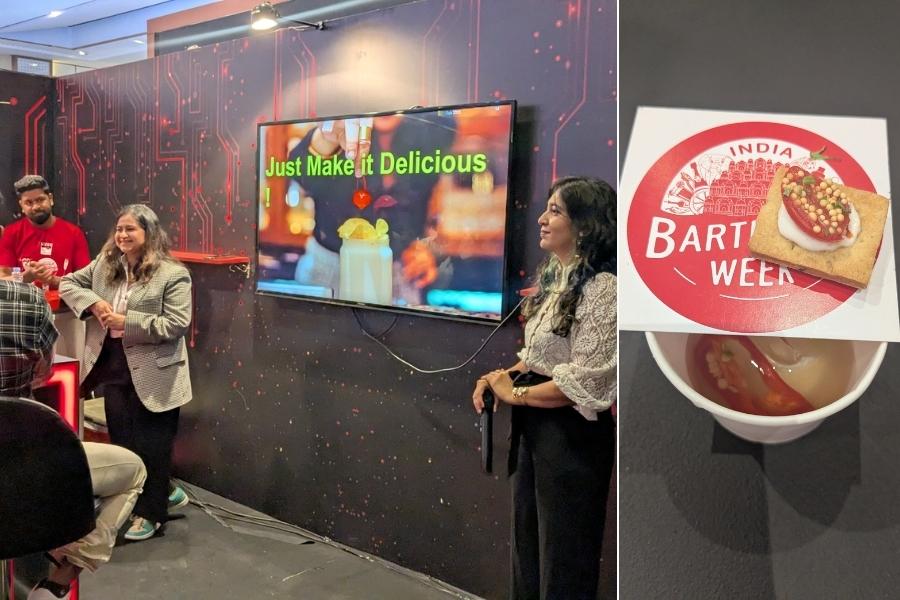
Chef Vanshika Bhatia and Feruzan Bilimoria put together the Ugly Delicious workshop, on how to recreate fun flavours
Vikram: For me, a session that stood out was ‘Small Cities, Big Dreams’, which had bar owners from small Indian cities like Indore, Chandigarh and Jaipur. These are people who are really pushing the frontiers of cocktail culture in India. We probably have it a little easier in big cities but in smaller cities, the culture is different. So they spoke from the heart about their struggles and triumphs, fuelled by a few beers, of course!
Minakshi: Andrew Davis’s session on mezcal really stood out. Mezcal is finally getting its moment, and he broke down why we’re all so mad about it – from the craft behind it to what it takes to build a brand. The other sessions I really enjoyed were ones that featured the chefs we brought together, including chefs like Vanshika Bhatia and Niyati Rao. We’ve always looked at chefs as superstars. They’ve always had a leading footprint in F&B overall. For example, they've been doing techniques like sous vide years before we started.
And of course, Lorenzo Antinori’s session on his first bar (award-winning Bar Leone in Hong Kong) was a beautiful reminder: sometimes, the best thing you can do is go back to basics.
